World Mental Health Day is October 10. Its purpose is to raise awareness of mental health issues.
It provides us with a day to reflect upon and honor mental health as a central component of our overall health and well-being.
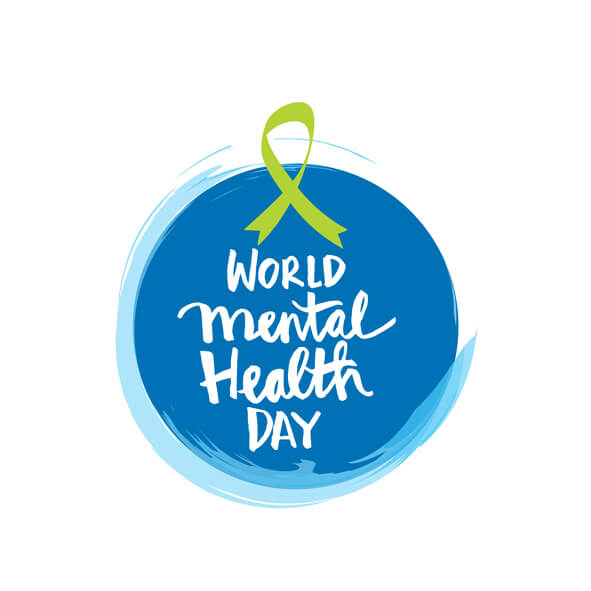
This year, the focus is on suicide prevention — which is an important theme.
There is a great stigma around talking about suicide because people believe that simply talking about it can cause someone to take their life.
If you are thinking about ending your life, or believe someone else is, then talking about it is one of the best things you can do in order to explore if there is further action necessary to create safety.
In this article, I have compiled a list of five simple things you can do to better your mental health.
The list is not meant to "cure" mental health "disorders."
Instead of taking a disease model and treatment approach, I take a holistic path to mental health. This means that I believe mental health is something that we can actually do a lot of work to manage and honor with lifestyle, spirituality, and healthy choices.
1. Mindfulness
This tool cannot be understated. Using mindfulness skills and meditating daily is an easy thing everyone can do.
You can take just five minutes in the morning, evening, or in times of stress to stop and watch your breath.
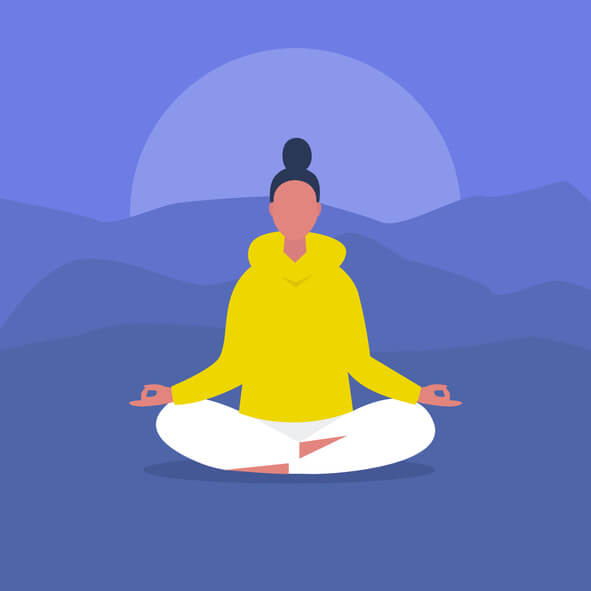
You can also practice mindfulness during any activity such as eating, drinking, or walking.
Practice doing one thing at a time and noticing every thought, sensation, and feeling without attachment. It is a practice. It will never be perfect — and that is OK!
Practicing mindfulness is an evidence-based mental health tool that has been shown to reduce stress and contribute to better mental health.
Read: 8 In-the-Moment Techniques to Cultivate Your Mindfulness Practice
2. Spend Time in Nature
Studies have looked at how time is nature can be an effective tool to create mental wellness.
There seems to be some sort of deep remembering of our true selves that occurs within us as humans when we spend time in nature.
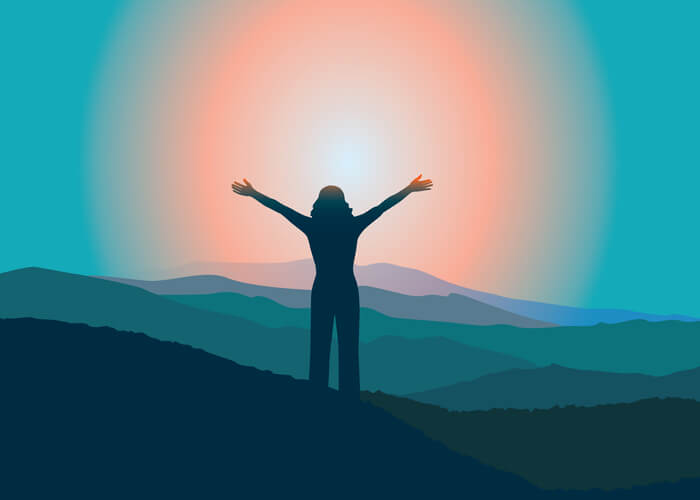
The research supports that human brains react differently to nature than man-made urban environments, and that we feel better in nature.
If possible, allow your bare feet to make contact with the ground. "Grounding" or "earthing" is a way of electromagnetically connecting our own energy to the energy of the earth.
Read: Get Grounded This Earth Day and Try 'Earthing'
3. Get Enough Sleep
Getting a good sleep is often one of the first thing that gets compromised during a difficult or busy time in our lives.
A good nights rest regulates hormones, stress, and allows for the body to rejuvenate itself.
An extensive study out of Japan asked over 100,000 youth about their sleep patterns and found a correlation with mental health. It found that too much sleep (over 9 hours) or too little sleep (under 7 hours) both correlated with poorer mental health.
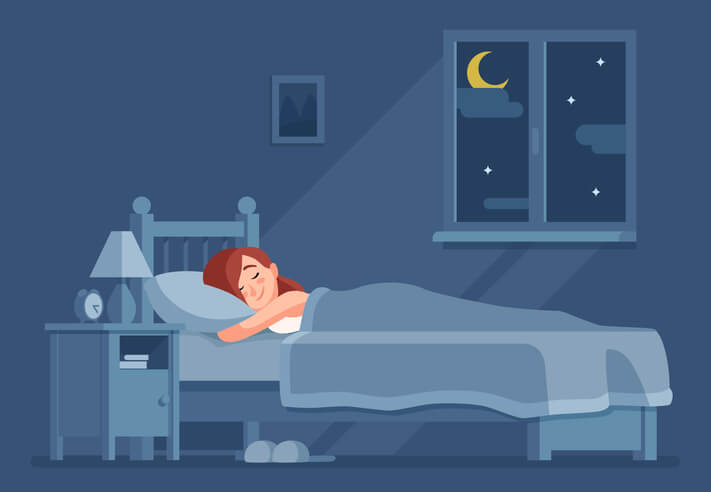
It is important to sleep for the appropriate amount of time for your age, and it is also important to get a restful sleep.
To do this, you can try to minimize artificial light, and use of devices for one to two hours before bedtime. Try reading by candlelight, meditating, practicing a slow paced style of yoga or doing yoga nidra.
Read: 10 Steps of Yoga Nidra
Try to keep the timing of your sleep pattern more or less the same from day to day.
Exercise is great for sleep as well, just make sure you are not trying to exercise right before bed as this could keep you up longer than you hoped.
Naps are really great for stress, and have also been shown to be effective in helping to tolerate frustration, and decrease impulsivity.
Read: Six Ways Sleep Can Be the Gift You Give Yourself All Year Long
4. Journal
This is a great way to get in touch with yourself. So many of us feel as though we do not have enough time to get in touch with what is going on with ourselves under the surface.
Journalling can help us develop our relationship to ourselves and others through self reflection.
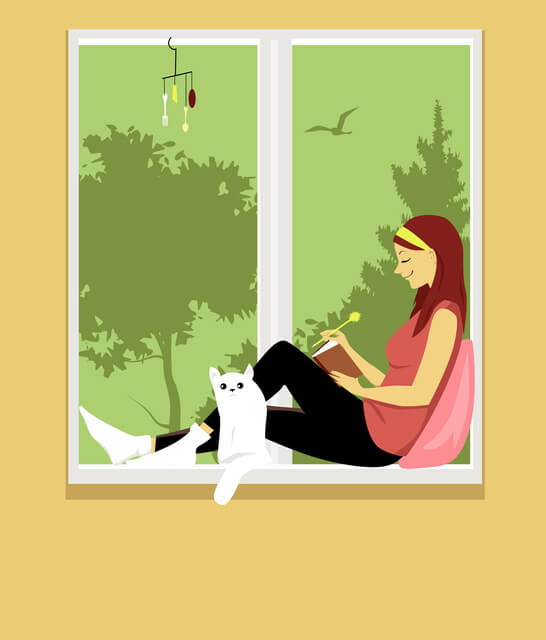
The Greater Good Science Center at UC Berkeley studies how gratitude and journalling affects humans and their relationships. They affirm that gratitude journalling has been shown to positively impact mood, happiness, depression, and responses to trauma.
Read: Love Yourself Fully: 6 Hacks to Self-Care
5. Social Connection Keeps Us Thriving
Humans are social creatures. Babies not given touch after birth will be harmed even if their basic needs for food are met.
We are not biologically meant to live our lives in isolation.
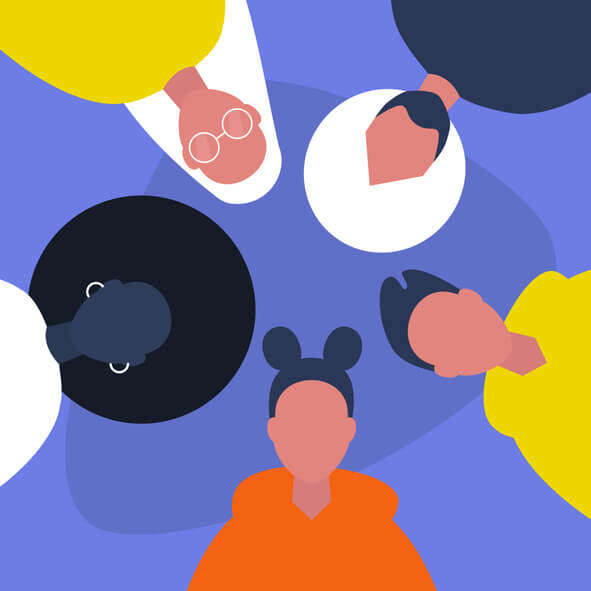
Social support from families and friends has been studied to show that this type of social cohesion has a positive impact on not only mental health but physical health as well.
Hugging for longer than fifteen seconds releases the hormone oxytocin, which is often referred to as the "love hormone" — it makes us feel happy and connected.
Read: The Power of Community in Yoga
Reach Out, You Are Not Alone
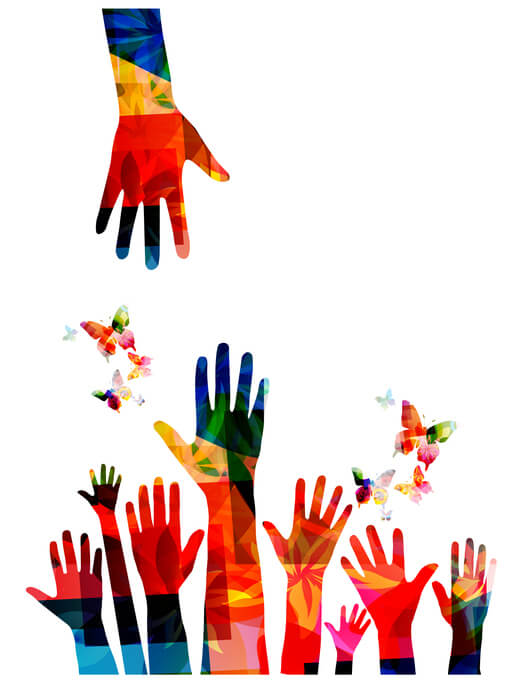 If you believe yourself or anyone you care about are even thinking in passing about suicide, or need any other type of mental health support, please do not hesitate to reach out to a trusted friend or mental health professional.
If you believe yourself or anyone you care about are even thinking in passing about suicide, or need any other type of mental health support, please do not hesitate to reach out to a trusted friend or mental health professional.
If you or someone else is at risk of imminent harm to themselves or others, call 911 or your local mobile crisis support team.
I am based out of British Columbia, Canada. However, if you are currently safe but are looking for local support then do not hesitate to contact me and I will do my best to connect you to local resources no matter where you are located.
Be well and remember you are not alone.
During These Times of Stress and Uncertainty Your Doshas May Be Unbalanced.
To help you bring attention to your doshas and to identify what your predominant dosha is, we created the following quiz.
Try not to stress over every question, but simply answer based off your intuition. After all, you know yourself better than anyone else.